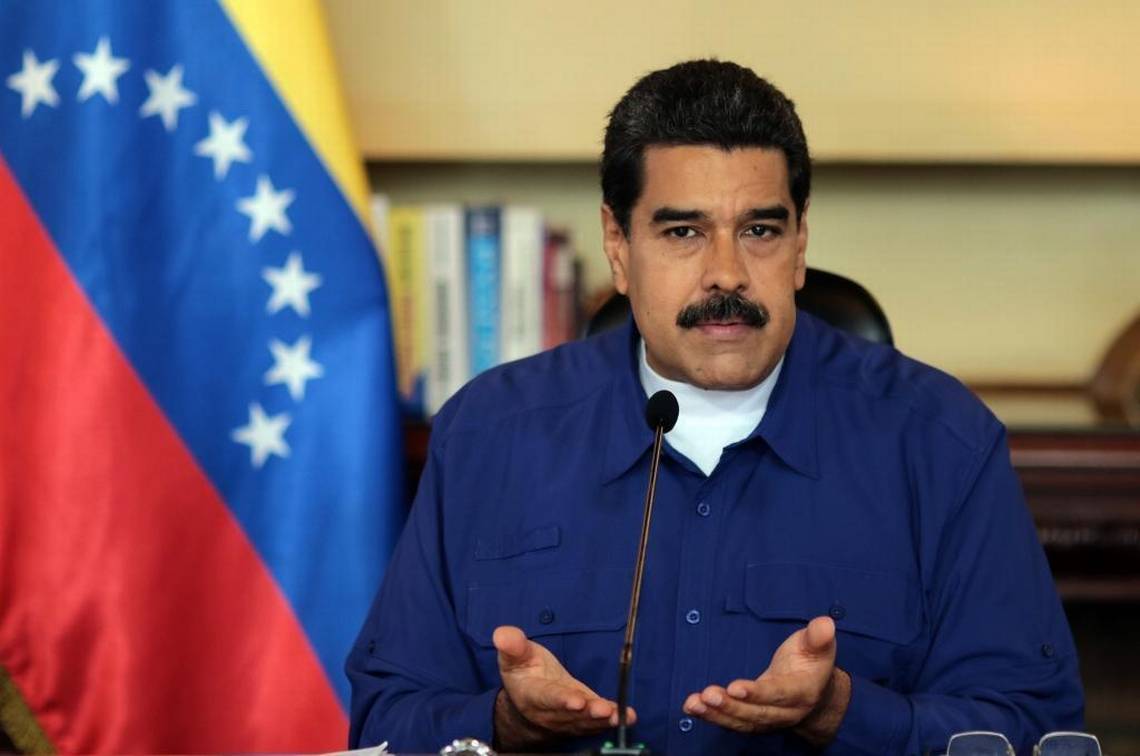New Venezuela Sanctions–Sectoral Sanctions Without the Sectors?

Perhaps lost amidst the weekend’s news of Hurricane Harvey, Seb Gorka resigning, and Joe Arpaio being pardoned, was the announcement of a new Venezuelan sanctions authority, and several associated general licenses. While a new sanctions authority is always news around these parts, what jumped out at me most was the use of prohibitions that looked a lot like sectoral sanctions.
The new Venezuelan sanctions executive order (“E.O”) is molded in a similar fashion to E.O. 13662 insofar as it is based on the President’s authority under the International Emergency Economic Powers Act (“IEEPA”), builds upon a prior executive order–E.O. 13692–and addresses, in part, undermining democratically elected institutions. However, the most striking similarity is its imposition of something that looks a little bit like sectoral sanctions without the sectors.
Sectoral sanctions, for those of you new to the sanctions world, are sanctions that prohibit certain types of transactions with certain targeted parties operating in certain identified industries. Some folks who are way smarter than I, also refer to these types of sanctions as “micro-sanctions;” a term I always liked–because the restrictions are small in comparison to the traditional wholesale blocking of a targeted party, and a complete bar on transactions or dealings with them–but one which never picked up that much steam.
However, these seemingly sectoral sanctions are different than those we saw in E.O. 13662. For example, E.O. 13662 identified the sectors that would be targeted by the executive order (Section 1(a)(i)), and then stated that the prohibitions would apply to the extent provided by statutes, regulations, and directives. Thereafter, four (4) directives were issued that imposed prohibitions on certain limited categories of transactions with those targeted parties operating in the identified sectors. The new Venezuelan executive order is different and states the limited prohibitions and the parties to which they apply directly in the executive order.
It also doesn’t target persons basedoesn’t identify any sectors impacted.
The new sanctions accomplish the following:
1) prohibit transactions involving new debt with a maturity of greater than 90 days of Petroleos de Venezuela, S.A. (PdVSA);
2) prohibit transactions involving new debt with a maturity of greater than 30 days of the Government of Venezuela;
3) prohibit transactions involving bonds issued by the Government on Venezuela;
4) prohibit transactions involving dividend payments or other distributions of profits to the Government of Venezuela or any entity owned or controlled by the Government of Venezuela; and
5) prohibit transactions involving the purchase or sale of securities from the Government of Venezuela other than those that would qualify as new debt in line with the terms identified in items #1 and #2 above.
Of course, and as it always should be with IEEPA based sanctions, these prohibitions are imposed upon U.S. persons or upon transactions occurring within the United States.
As demonstrated by a review of these prohibitions, they are not really sectoral sanctions since they do not identify particular sectors to target. However, they do share some of the same hallmarks as the sectoral sanctions that came into vogue with E.O. 13662 in that they only impose limited transactions on certain entities–mostly the Government of Venezuela and those entities it owns or controls. As such, perhaps we shouldn’t call these sectoral sanctions at all; perhaps, the time of “micro-sanctions” has truly arrived.
The author of this blog is Erich Ferrari, an attorney specializing in OFAC matters. If you have any questions please contact him at 202-280-6370 or ferrari@falawpc.com


